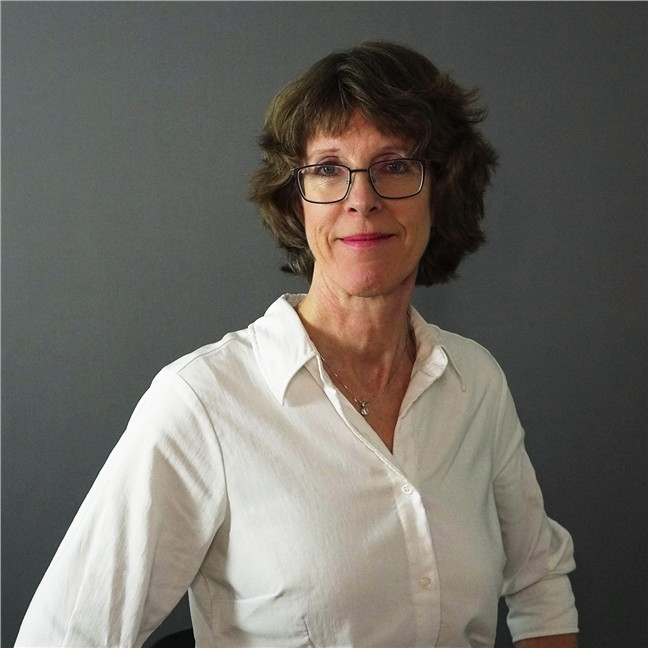IT support for elderly people with visual impairments
- Department Applied research in information and communication technology
- Fields involved Digital inclusion, Universal design (UD), E-health and welfare technology
- Industries involved Health
Many people experience age-related vision loss. This can lead to reduced mobility, exclusion from social arenas and isolation. Our objective is to assist older adults with visual impairments to use technology as a means to combat loneliness.
Training, support and universally designed technology
Individuals with visual impairments are especially vulnerable to loneliness compared to the general population. Research has shown that active social engagement has a significant impact on individuals who experience vision loss. However, in order to facilitate participation, training, support and universally designed solutions are required.

Key strategies to support older adults with vision loss
Our focus areas are in the following strategies:
- Encourage seniors with visual impairments to recognise the benefits of digital skills, and help those who experience loneliness to actively pursue and acquire them.
- Raise awareness and advocate for municipal accountability to ensure that local technology-based services are universally designed.
- Ensure the availability of courses in digital skills tailored for older adults with visual impairments in each municipality.
- Develop learning resources and make them widely available for educators and students in adult education and learning arenas.
Smartphone use for the blind and partially sighted
The blind and partially sighted can use smartphones by adjusting the settings to enable features that increase speech-based interfaces, enlarge the screen and enhance contrasts. However, these changes result in different device functionality and require that the user use alternative commands than those applied in standard settings. This makes it hard and sometimes impossible for people with visual impairments to follow conventional digital training courses. Furthermore, there is generally poor understanding and competence regarding these functionalities, not only among the individuals themselves, but also among family and household members, and even IT professionals.
Given these circumstances, it is crucial to actively engage visually impaired seniors in dedicated learning programmes. NABP provides smartphone classes tailored for individuals with visual impairments. While the Education Act mandates municipalities to offer basic digital literacy courses to its residents, in reality this service varies greatly across districts.
Expertise in digital inclusion and universal design
iStøtet is a close collaboration between NR and several partners. We harness our expertise in digital inclusion and universal design of information and communication technologies (ICT). In addition, we utilise our domain knowledge regarding elderly people with disabilities and extensive competence in facilitation and training for multiple user groups.
We want to empower individuals by providing comprehensive instruction in digital tools, thereby strengthening their independence and social engagement in an increasingly digitalised world.
Previous projects
Through the Ezismart project (2017-2018) we observed that visually impaired older adults, similarly to other elderly people, have a significant need for widely accessible tech support and assistance following their participation in courses and training. However, individuals with vision loss often encounter challenges from their local systems. Thus, there is clear demand for an IT support system with advanced proficiency in smartphone use for the visually impaired.
In the autumn of 2019, iStøtet launched a call centre dedicated to assisting individuals with visual impairments and their support persons in navigating smart technologies. With support from the Norwegian Directorate of Health the service continued into the following year and subsequently merged with user support system Smartja led by MediaLT and supported by Foundation Dam.
Project: iStøtet – IT support for visually impaired seniors
Partners: The Norwegian Association of the Blind and Partially Sighted (NABP), Evenes Centre, Trondheim Adult Education Centre, and Oslo Adult Education Centre, Nydalen.
Funding: The Norwegian Directorate of Health
Period: 2019-2023

